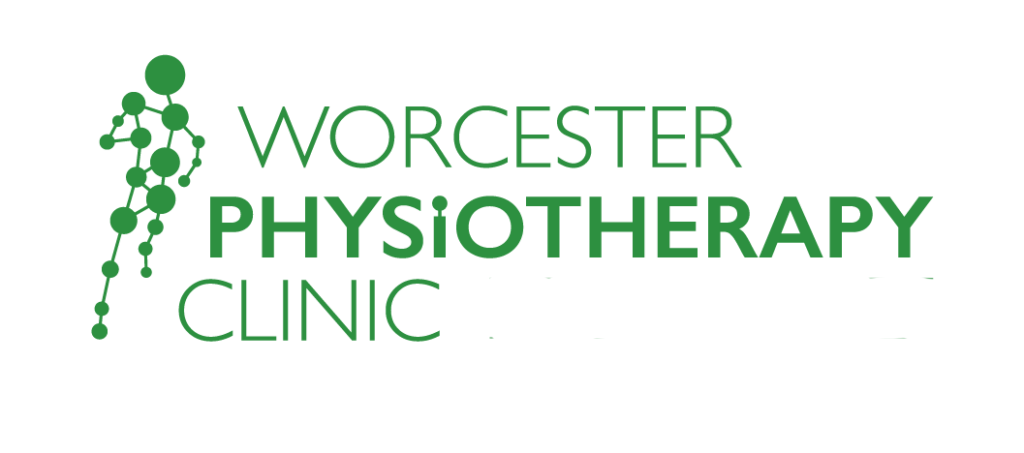When you’re recovering from an injury or going through physiotherapy, sleep might not be the first thing you think of. However, it plays a huge role in your recovery! Getting enough quality sleep can help you heal faster, reduce pain, and make your physiotherapy treatment even more effective.
Here’s why sleep is so important during recovery, along with three simple tips to help you sleep better.
Understanding Stages of Sleep
(If you’re in a rush, scroll down to find out how much sleep you need.)
Throughout the night, you go through around four to six sleep cycles, each lasting about 90 minutes (1). Each cycle includes different stages of sleep:
- Light Sleep – about 50% of the time, this is when you transition into deeper sleep.
- Deep Sleep – about 25% of your sleep; considered the most important for recovery.
- REM (Rapid Eye Movement) Sleep – also about 25%; this is when you dream!
Why Sleep Matters for Recovery
After physical activity or an injury, your body needs time to recover, and sleep plays a crucial part in this process. During deep sleep, your body produces growth hormones, which are essential for repairing muscles and tissues that have been damaged. This is when the bulk of the healing happens!
Sleep also helps control your immune system. Without enough rest, inflammation can increase, leading to delayed recovery and more frustration. So, if you want to speed up healing and optimise your recovery, getting good-quality sleep is key!
How Much Sleep Do You Need?
The amount of sleep needed varies from person to person, but aiming for around 8 hours per night is ideal. Studies have shown that those who consistently sleep for less than 7 hours per night are 1.7X more likely to suffer an injury (2).
However, it’s not just about the duration. The quality of your sleep matters too. To help you improve your sleep cycles, we’ve listed three useful tips below.
3 Tips to Improve Your Sleep
- Set a Regular Sleep Schedule
Your body thrives on routine! Try to go to bed and wake up at the same time every day, even on weekends. This helps your body get into a natural rhythm, making it easier to fall asleep and wake up feeling refreshed. - Create a Relaxing Bedtime Routine
Limit screen time before bed and instead engage in relaxing activities, like reading or listening to calming music. This helps signal to your body that it’s time to wind down and prepare for sleep. - Be Mindful of Your Caffeine Intake
Try to limit caffeine, especially after lunchtime, and aim for no more than 1-2 cups a day. Caffeine has an 8–10-hour half-life, meaning that a cup of coffee at midday could still be affecting your sleep at 10pm. If you’re struggling with sleep, consider switching to decaffeinated drinks in the afternoon and evening.
In Summary
Sleep is crucial when it comes to recovery. It allows your body to heal, reduces pain and inflammation, and helps you feel more energised and focused. By sticking to a regular sleep schedule, creating a calming bedtime routine, and making your sleep environment as comfortable as possible, you can improve your sleep and make your physiotherapy recovery even more effective. Prioritising sleep is just as important as your physiotherapy exercises, and together, they’ll help you feel like yourself again.
References:
1. Patel, A. K., Reddy, V., & Araujo, J. F. (2020). Physiology, Sleep Stages.
https://www.ncbi.nlm.nih.gov/books/NBK526132
2. Huang, Kevin DO; Ihm, Joseph MD. Sleep and Injury Risk. Current Sports Medicine Reports 20(6):p 286-290, June 2021. | DOI: 10.1249/JSR.0000000000000849
